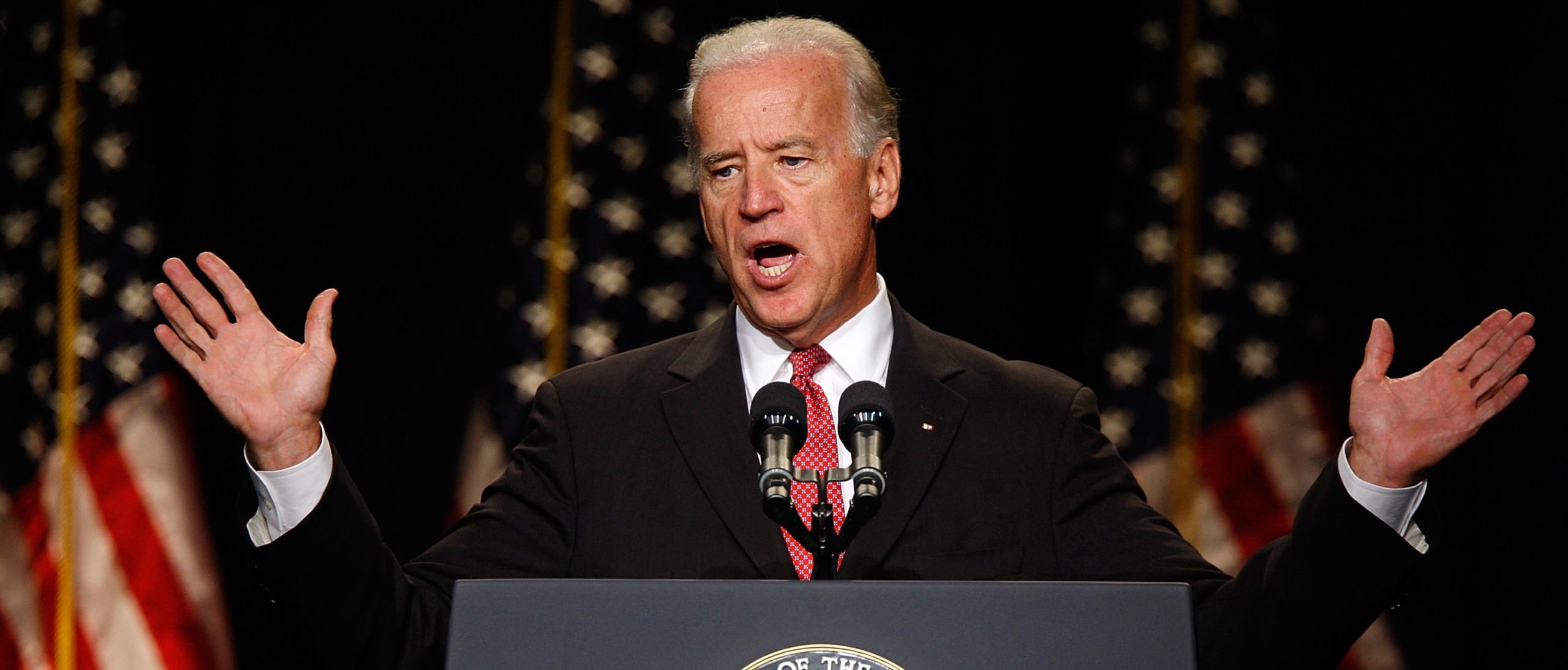
Chicago pension debt climbs to $37.2 billion

Chicago’s pension debt climbed to just over $37 billion last year, but city leaders of the special working group Mayor Brandon Johnson convened more than a year ago to confront the issue will have a limited scope: how to ensure benefits for certain pensioners are at least as robust as Social Security.
The rising debt revealed in the city’s latest comprehensive financial report came despite former Mayor Lori Lightfoot dedicating a total of $2.6 billion in her final budget to meeting rising required pension payments, including an advance payment to help the city’s four funds continue to tread water.
While making good on his own $2.8 billion pension payment in this year’s budget, Johnson has simultaneously made taming the debt more difficult, tying his own hands with a pledge not to raise property taxes, one of the chief revenue sources the city relies on to pay down the obligations. And Johnson supported a pension fix benefiting police pensioners that Lightfoot fought tooth and nail because of its hefty price tag.
The latest issue the working group intends to tackle will add to the funds’ overall liability too.
The $37.2 billion liability for 2023 represents the difference between the assets of the city’s police, fire, laborers and municipal funds and the cost of benefits for future retirees. The shortfall at the end of 2022 was $35.4 billion.
That liability bump is not due to underfunding, but new costs and changes in assumptions about how well the funds will perform in the future. About half of the 2023 increase is attributed to the pension fix for Chicago police officers that became state law late last year. The change removed a birth date restriction that limited annual cost of living adjustments for Tier 1 pensioners. Those pensioners were previously promised a 1.5% boost annually. Instead, they will get a 3% boost.
The change added $1.06 billion to the police pension fund’s total liability, according to the city’s financial report.
Chicago’s chief financial officer, Jill Jaworski, told the Tribune Wednesday that the change was good for transparency, because the city was already paying those additional benefits little by little. Now they are accounting for it.
A decrease in investment return rate assumptions also increased the city’s overall liability by about $642 million, the report said. City officials described the overall liability boost as a one-time hit.
Civic Federation President Joe Ferguson agreed. “The fact that it’s going up shouldn’t be confused with the fact that we’re doing what we set out to do” to contribute more toward pensions, Ferguson said. “We are. That being said, the time is growing short for meeting what is going to be an ever-increasing requirement under the plan.”
“There’s no more kicking a can down the road, we’re actually at the cliff and so we have to talk about this in a grounded way,” he said. The city should look seriously at its entanglements with Chicago Public Schools, explore new revenues, and potentially adjust its expectations for tax dollars the city’s casino will rake in, Ferguson said.
For nearly a decade, Chicago steadily climbed the pension ramp designed to secure enough money so that each fund could meet 90% of its benefit obligations by the mid-2050s. Those payments are expected to continually climb until then, at rates that will likely exceed inflation.
But today, pension funds are far below adequate funding. The laborers fund — the city’s smallest — is only 38.5% funded, according to the report. Police pensions are only 22.8% funded, and firefighters are just below that, at 21.6%. The largest fund, for municipal workers, is 22.2% funded.
Last June, Johnson convened a broad working group of city finance officials, union leaders, aldermen and state legislators to “develop a sustainable path forward.”
Its members have had little to say about their progress, and Jaworski and Comptroller Chasse Rehwinkel said the report, likely landing in the next month or so, will not present a grand plan to secure more funding in the future.
Instead, it will be limited to proposals addressing reforms to ensure that Tier 2 and Tier 3 pensioners’ benefits pass the “safe harbor” test. Currently, benefits are on track to fall short of benefits equivalent to what retirees would collect under Social Security. The report will be limited to legislative proposals to address that issue in Springfield, likely in the fall veto session.
“We will be recommending an approach that ties the cap to the Social Security wage base,” Jaworski said. “I’m hopeful that everyone who is a participant (in the working group) is unified behind the proposal that the city is going to make.”
That change, she acknowledged, will add to the funds’ overall liability too.
As for the bigger challenge of paying down pension debts without squeezing out city services, internal discussions around how to find efficiencies and secure more funding for the regular city budget and pensions are ongoing, Jaworski said.
“It’s a very large portion of the city’s budget, and every dollar that we have to put towards the pension funds that is paying off legacy obligations is a dollar that we can’t spend on other priorities today,” Jaworski said. “But we continue to be committed to meet those challenges.”
The tax increases and “painful choices” made by recent administrations have finally led to a “responsible” pension approach, she said. Jaworski predicted unfunded pension liabilities will stay “relatively flat” in upcoming years before beginning to fall.
“We hope the public does not view the pension funding status as a crisis in the way they did 10 years ago,” Jaworski said. “We’re putting in $2 billion more annually than we were a decade ago.”
She declined to discuss any potential revenues or efficiencies until the budgeting process kicked off.
Three aldermen are participating in the pension working group. Finance Chair Ald. Pat Dowell, 3rd, declined to discuss its work, and Budget Chair Jason Ervin, 28th, did not respond to questions.
Working group member Ald. Michael Rodriguez, 22nd, was vague. “We’ve got a lot of work to do. We’re still sifting through things, folks are still coming up with ideas,” he said.
Labor representatives, including leaders at the local rank-and-file police officer union, firefighter union and Chicago Federation of Labor, also did not respond to questions about the task force’s work.
Then-Chicago Inspector General Joe Ferguson speaks in April 2018. He is now president of the Civic Federation. (Brian Cassella/Chicago Tribune)
Casino revenues, which were pitched as one solution to help plug police and fire pension debt, have been slow to pick up. From January through May of this year, the Bally’s temporary casino has generated just $5.5 million in local tax revenues, according to the state’s gaming board. Johnson’s 2024 budget banked on $40 million in such receipts for the entire year.
Once fully up and running, city officials hoped the casino would generate $200 million annually, but the permanent casino’s construction timeline has been called into question in recent months, including by Johnson himself.
Jaworski acknowledged the temporary casino has “underperformed the original projections,” and said the city will likely amend its revenue projections in its upcoming forecast.
Even so, “we have done diligence related to their ability to complete the project and obtain financing, and at this stage we are still comfortable that it is going to move forward on time,” Jaworski said. She expressed confidence the permanent casino will in fact be built.
“I wish it had performed at least at a percentage of what was projected,” Rodriguez said. “I don’t know if we can count on what was originally projected by the Lightfoot administration. I think most experts think those estimates have gone by the wayside.”
Bally’s has repeatedly signaled it plans to proceed with the permanent casino, said Ald. Walter Burnett, whose 27th Ward includes the planned casino site.
“They are still moving forward as far as I know,” Burnett said, predicting construction would begin soon. “We can’t afford for it to not move forward. With these pension challenges, what are we going to do?”
aquig@chicagotribune.com
jsheridan@chicagotribune.com



